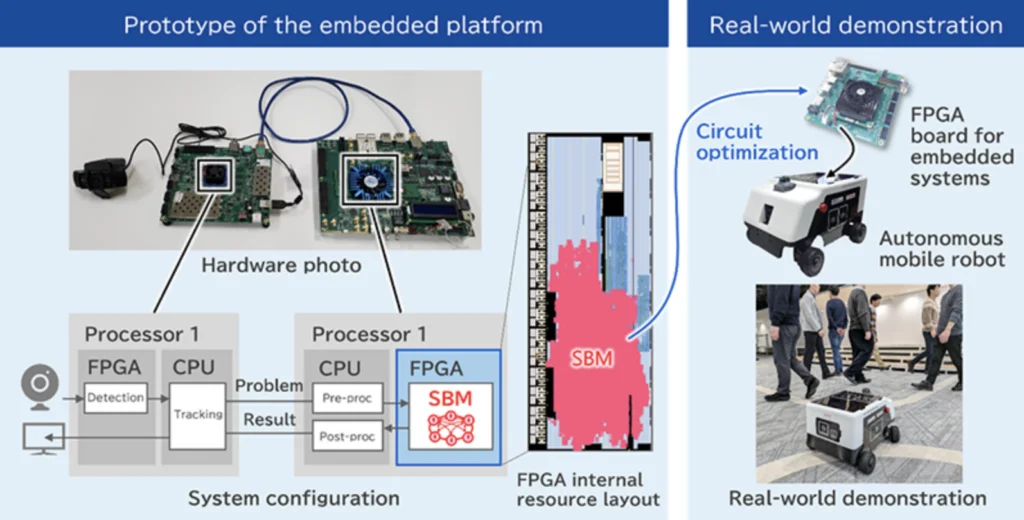A stealth quantum computer startup has raised nearly a quarter of a billion dollars in venture capital funding, according to the Telegraph.
The newspaper said PsiQuantum has raised $230 million (£179m) as it seeks to join Google and IBM in the race to develop a working quantum computer. The funds are reportedly from investors that include a venture capital fund started by former Google executive Andy Rubin.
The funding may be one of the biggest investments to date in quantum computing, which relies on quantum mechanics to produce computers more powerful than any existing classical counterpart.
The company, which is based in the UK and Palo Alto, Calif., is still in stealth but, according to the company’s website, it is building general purpose silicon photonic quantum computers based technology developed at the University of Bristol.

PsiQuantum was founded by Bristol professor Jeremy O’Brien. In addition to serving as PsiQuantum’s CEO, he is professor of physics and electrical engineering at Stanford and Bristol, and director of the Centre for Quantum Photonics.
PsiQuantum is using a silicon-based photonic approach to manufacture a universal quantum computer in a CMOS silicon fab. O’Brien has spent 20 years working towards scalable QC. According to a recent presentation, the company believes that their approach offers numerous advantages, including, low noise, low temperature operation and no atomic-scale fabrication, among other advantages. Also, because the current computer industry is already based on silicon, this silicon-based method is eminently more manufacturable compared to other methods.
Photonic quantum computers may be able to meet a key challenge of the industry: enabling millions of qubits for computation that are needed to meet the demands of error correction.
In a previous interview, O’Brien said that quantum computing is a critical future technology.
“Quantum computing really stands out as having exponentially greater power,” he told Innovator News. “Which means that on any future time scale, it’s just going to dwarf anything else. We may well get 10x or 100x more computing power with a specially designed computer for machine learning applications this year or next year or a few years time. But you’re never going to get an exponential advantage with any sort of conventional computer you build. So really, you get an exponential advantage using a quantum computer which really turns the impossible into the possible.”















